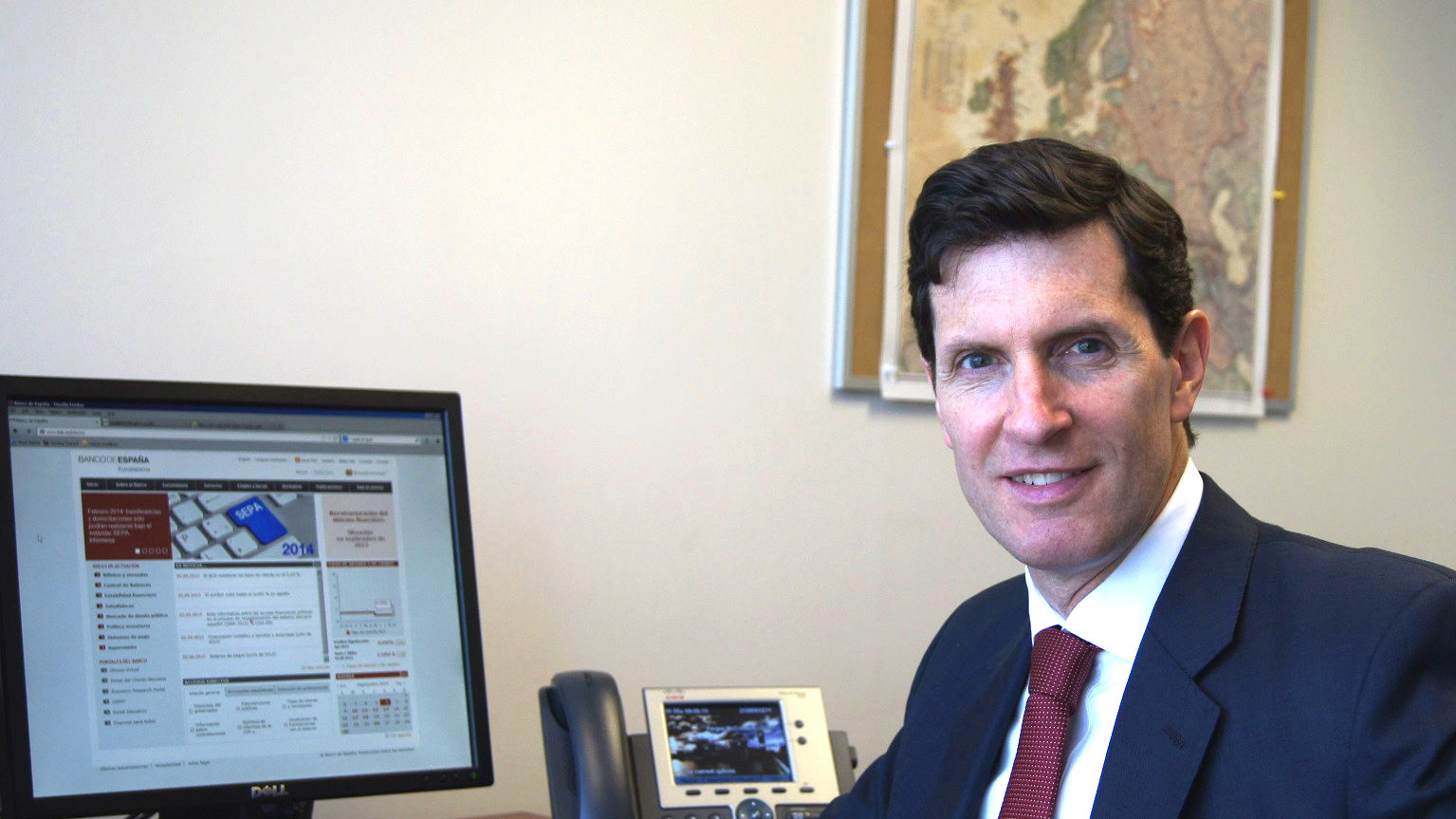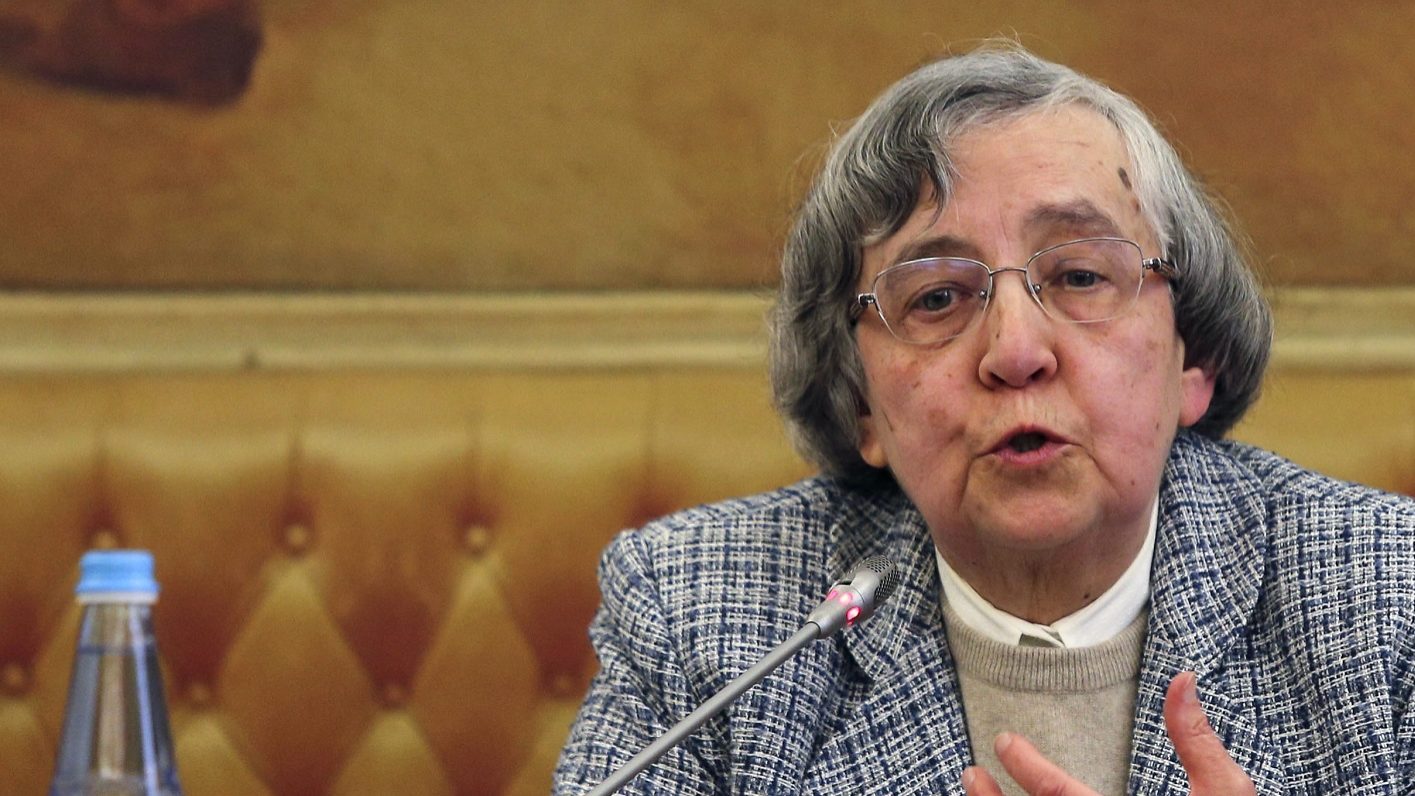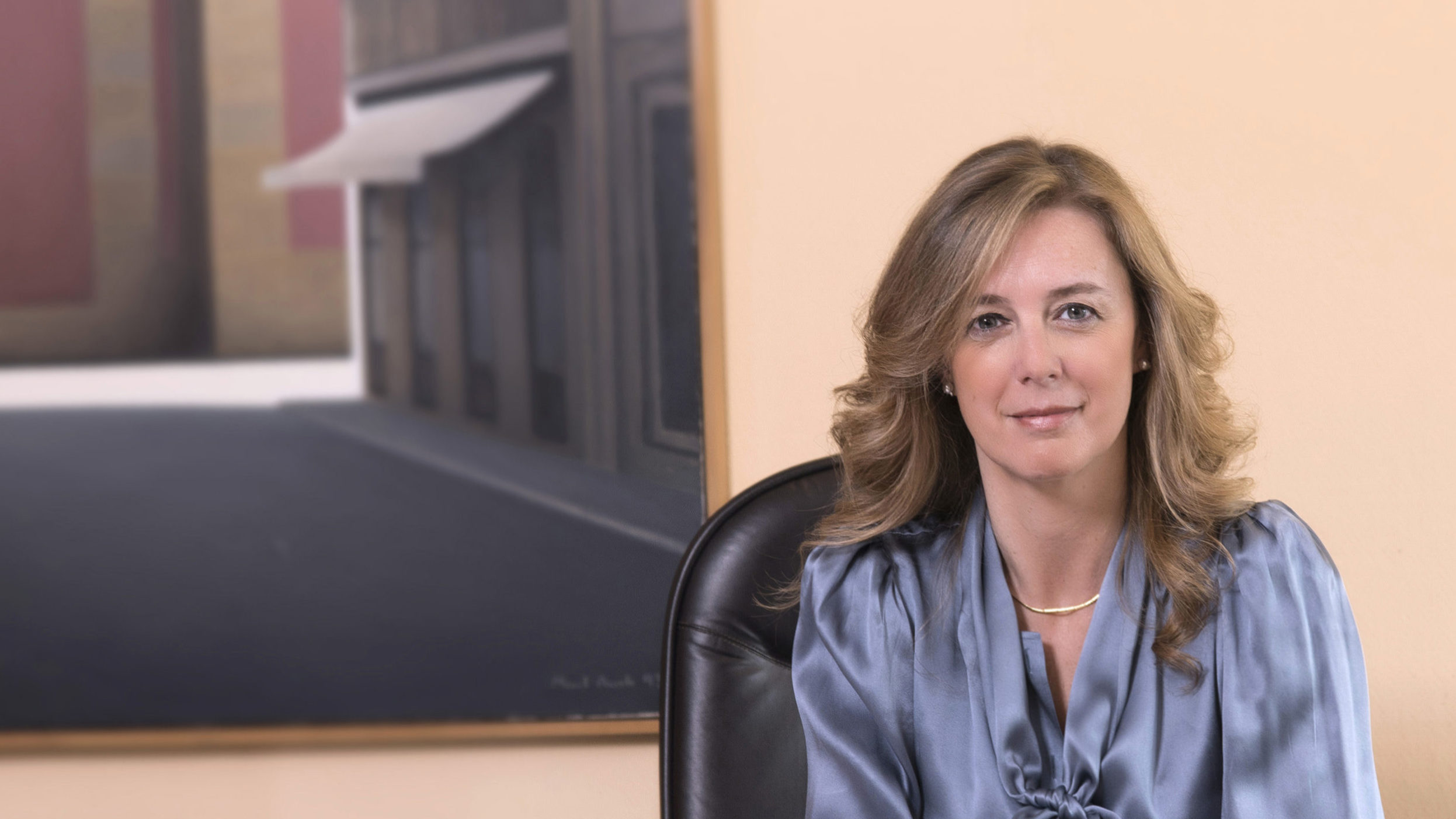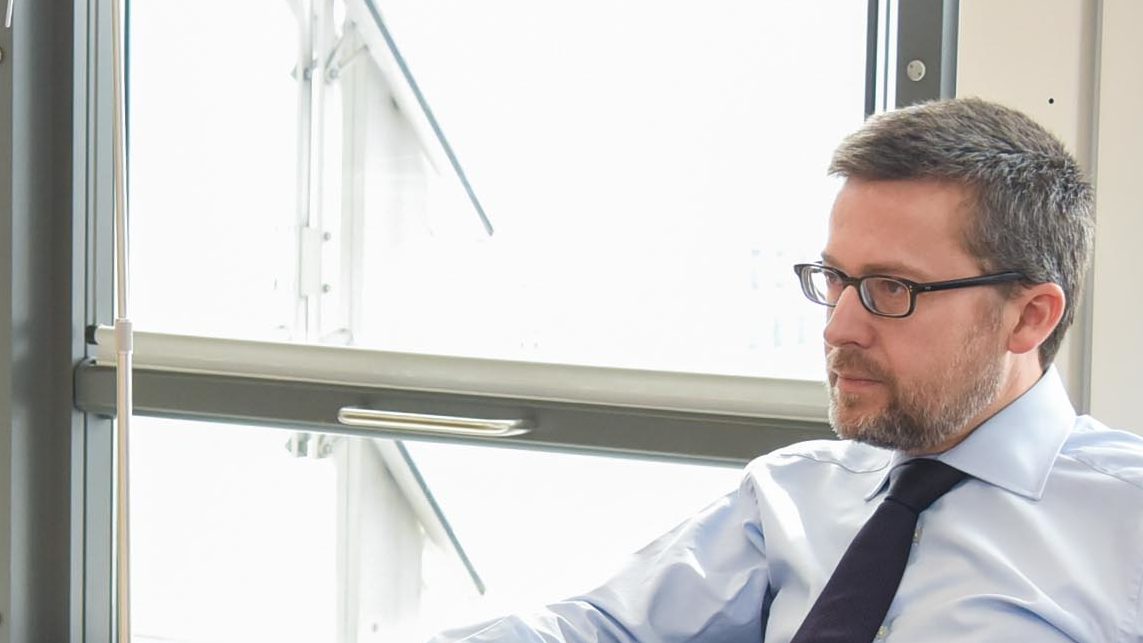Daniel Bessa: “Are we in danger of a new bailout? Yes, surely”
In an interview to ECO, the former Portuguese minister of Economy states Portugal must minimize the probability of a new bailout.
As far as Daniel Bessa is concerned, the danger of having a new – “a fourth” – bailout is still very much present. The economist, former Portuguese minister of Economy, advises discretion when mentioning such a sensitive subject: “The only thing worth doing is implementing measures that will minimize that probability”, he says. Judging by their statements, the DBRS is not “panicking”, and Bessa justifies this with the fact that “we have our deficit under control, it seems, not as much as it is said, but it seems under control”. Besides, the DBRS analyst mentions the problem is not deficit, but growth and structural reforms.
When asked about this year’s State Budget, Bessa told ECO he feels it follows the same approach as Pedro Passos Coelho’s, former Portuguese prime minister. The first main concern of the 2017 State Budget is the compliance with Brussel’s guidelines; then, it follows the same commitment to the deficit and the lower classes as the former SB.
However, Daniel Bessa considers the biggest issue with the 2017 State Budget is the year that follows it. The lack of money to implement measures right in the beginning of 2017 (pensions will only rise in August and the surcharge deduced only from certain incomes in December – examples given by Bessa) will mean they will only impact on the twelve months of 2018, which “mortgages the future”.
"The problem is postponed to 2018, because in 2018 all those measures will take effect from 1 January. And, if it [capital] is not enough in 2017, I am still trying to understand how it will be enough in 2018.”
Concerning the Portuguese banking, Daniel Bessa states “the banking had belonged to the Portuguese; the largest banks that were sued by shareholders were not placed in Portugal, were not taken on by the Portuguese, because they quit, they lacked money. Banking exists because of foreigners; it appears it would not exist if it depended on nationals”. Bessa allocates the redenomination of capital to the “lack of capital and the poor management of the existing capital that was afterwards lost”. Banking has a narrow path ahead, “not only because of debt, but for the lack of growth.”
Finally, when asked by ECO about the Portuguese bank Caixa Geral de Depósitos (CGD), he said its recapitalization “had to happen”. Daniel Bessa adds the “European Commission demands that an increase in capital should take place by the end of the year”, and that “there is much curiosity in who will be financing CGD, who will subscribe those debt instruments”. Bessa points out “there will be a public capitalization (not until the end of 2016), the capital increase of around five billion euros”. Daniel Bessa expressed his lack of understanding for the entrance of companies to the management of CGD: banking is characterized for having strict rules, in order to prevent conflicts of interest and, since “the management of a bank always knows everything about their clients”, it would not be “very nice” if Portuguese companies were to be represented in the CGD. As for the head of CGD António Domingues, Bessa says he is the right person for the job (not the only one), because of his vast experience and the good qualities pointed out in him.




